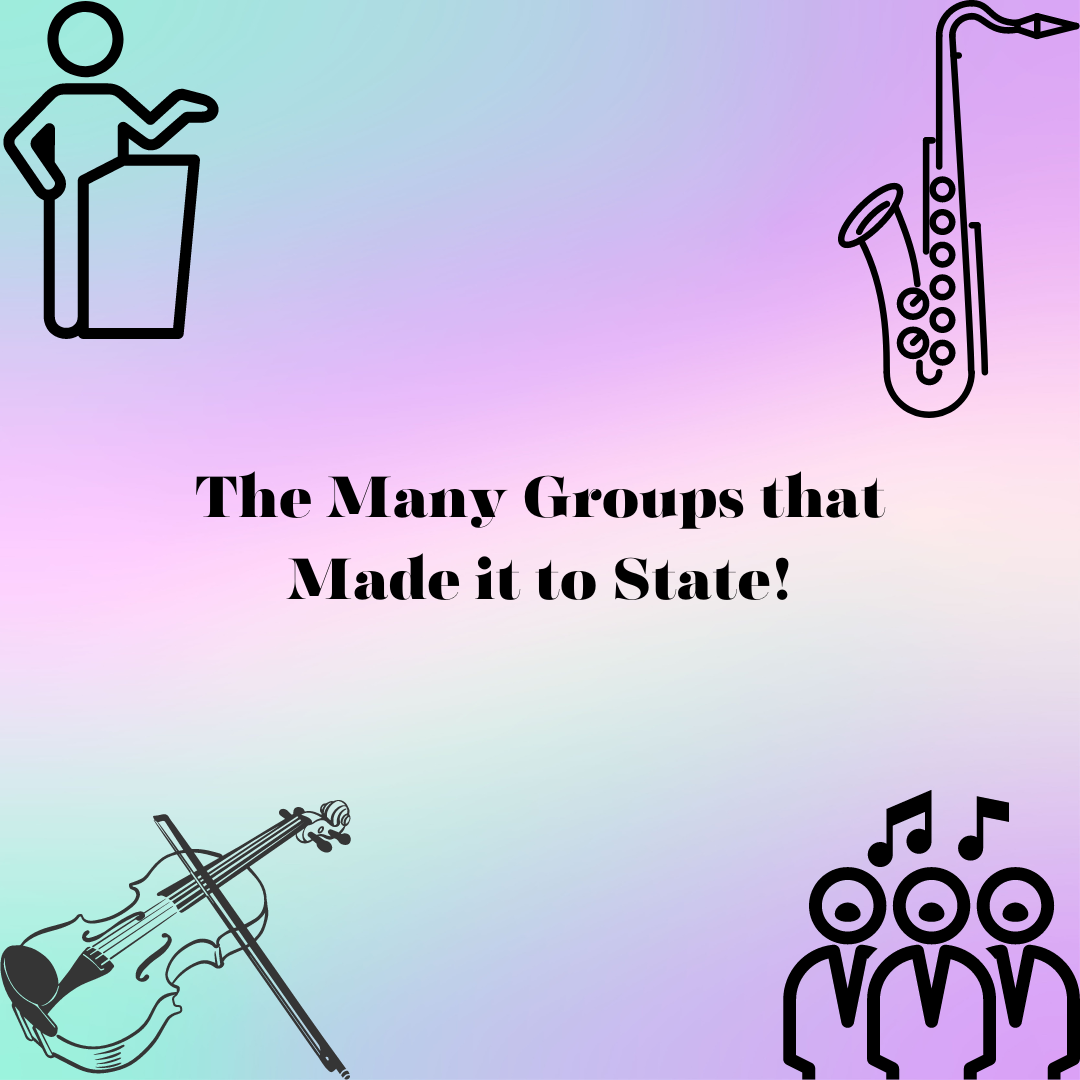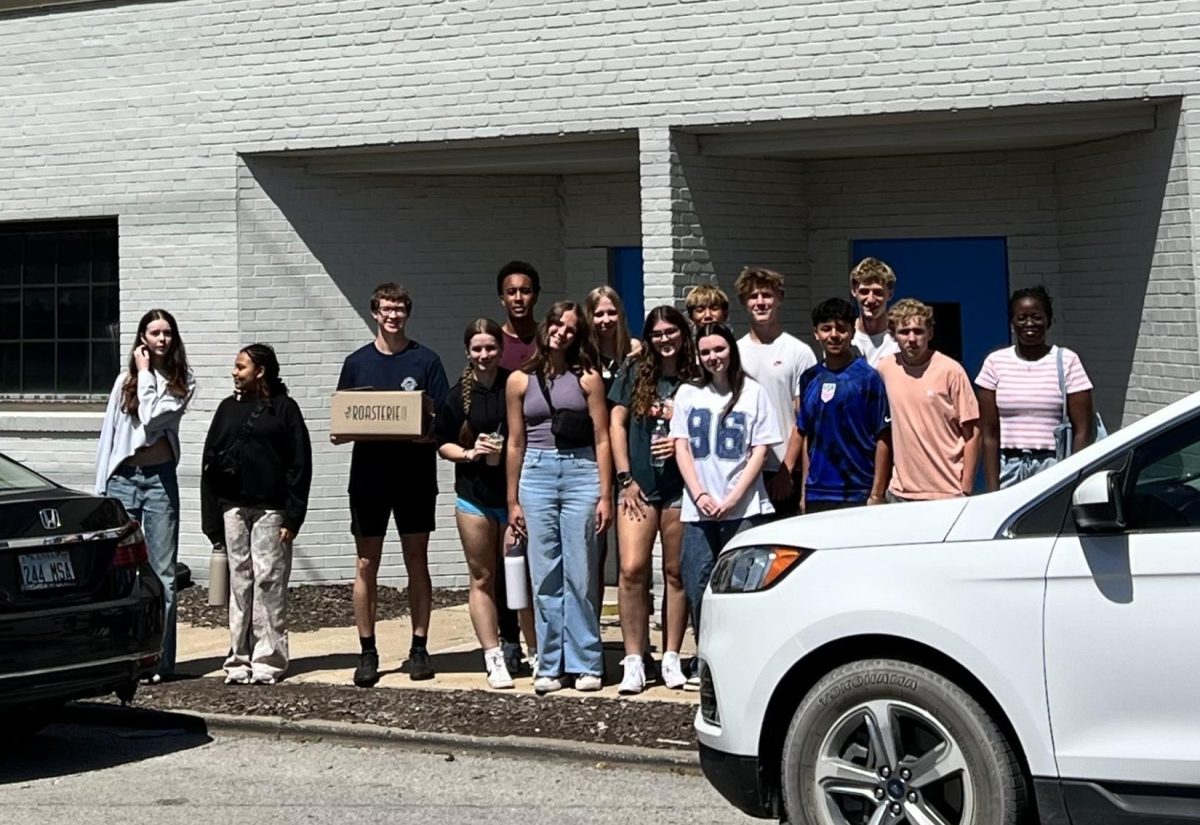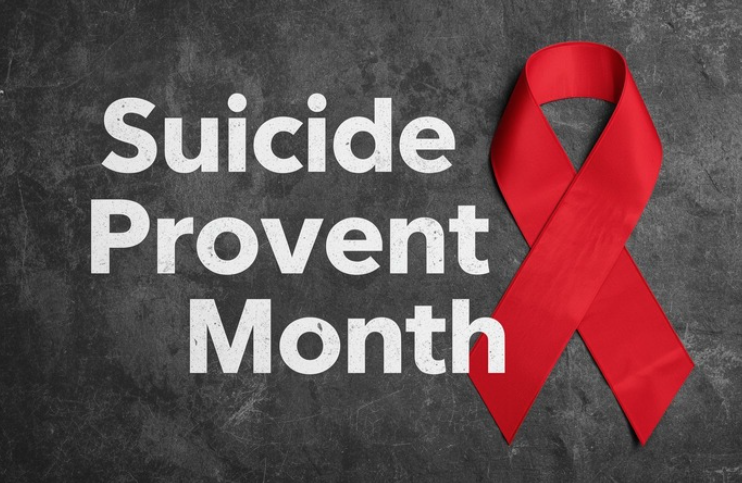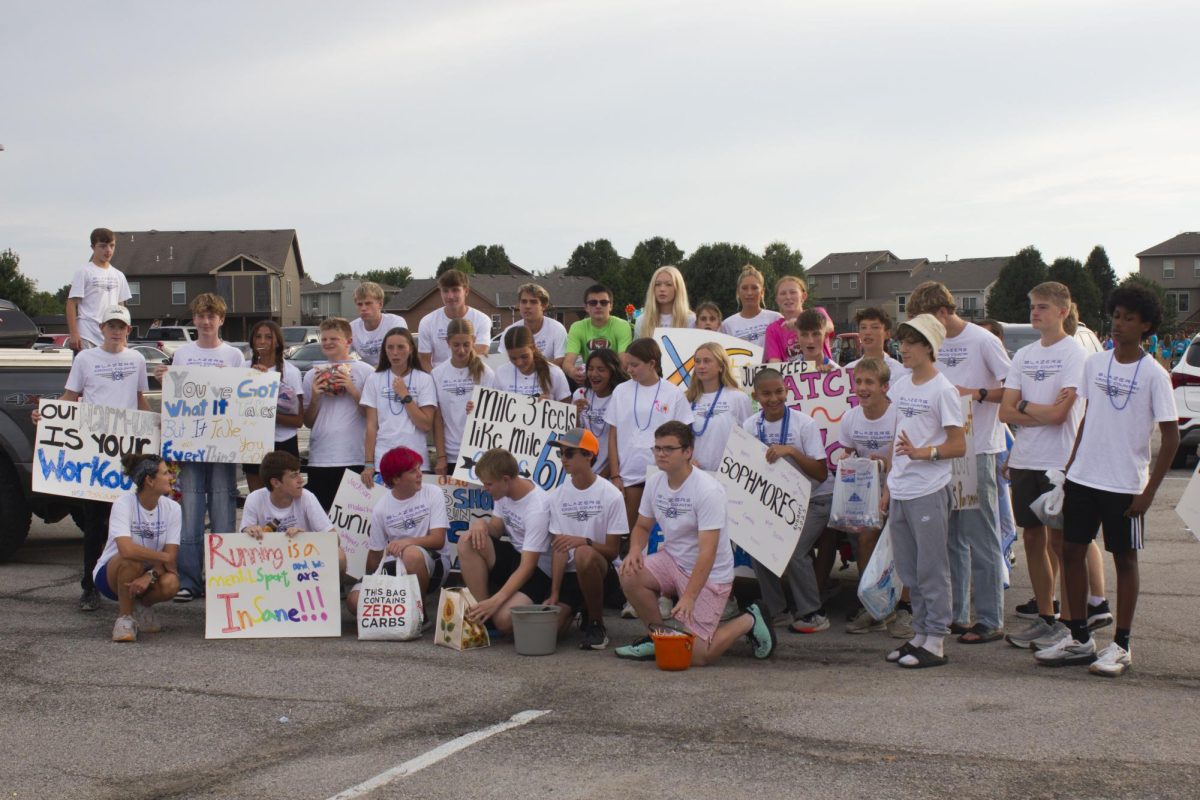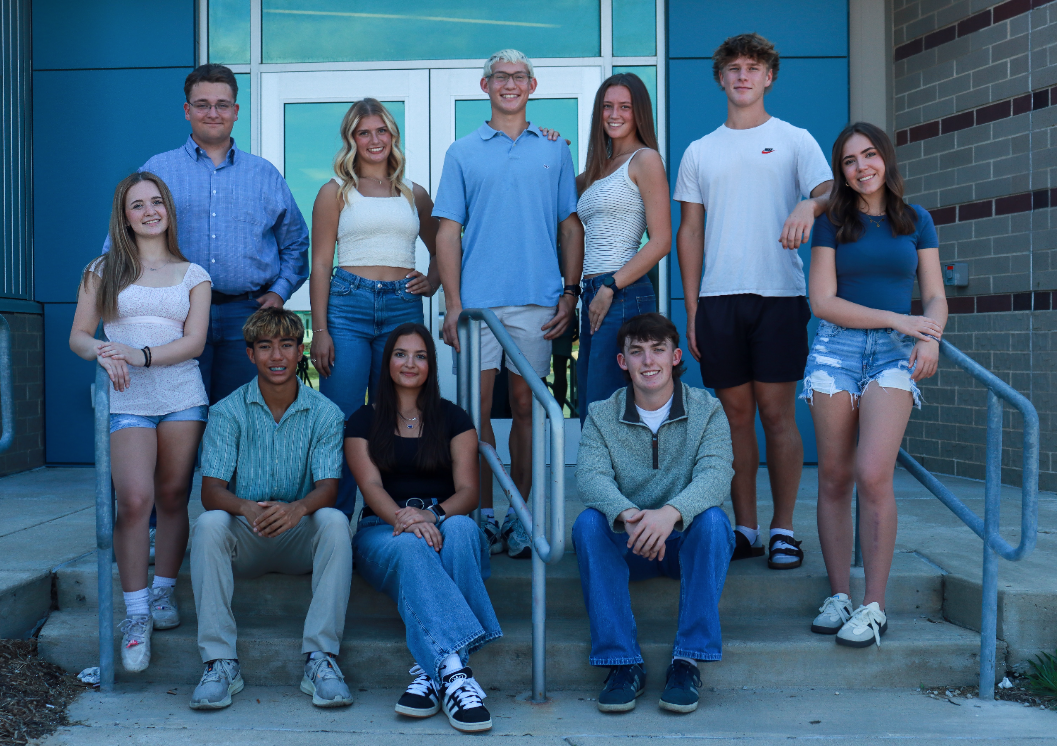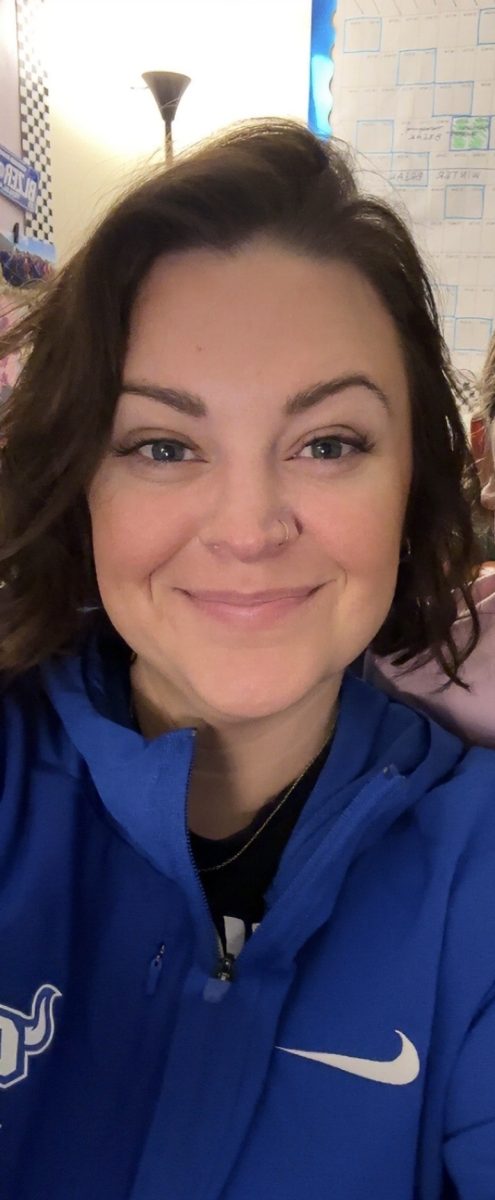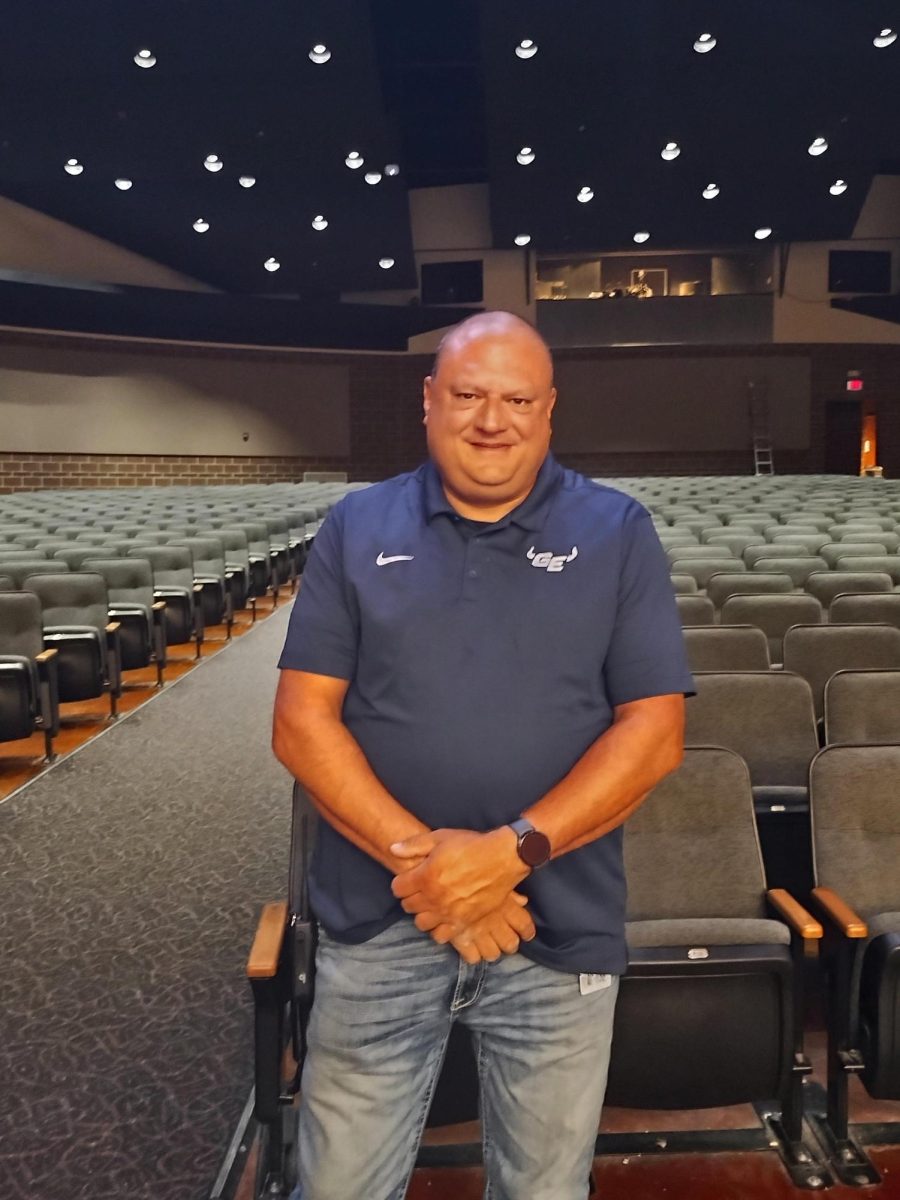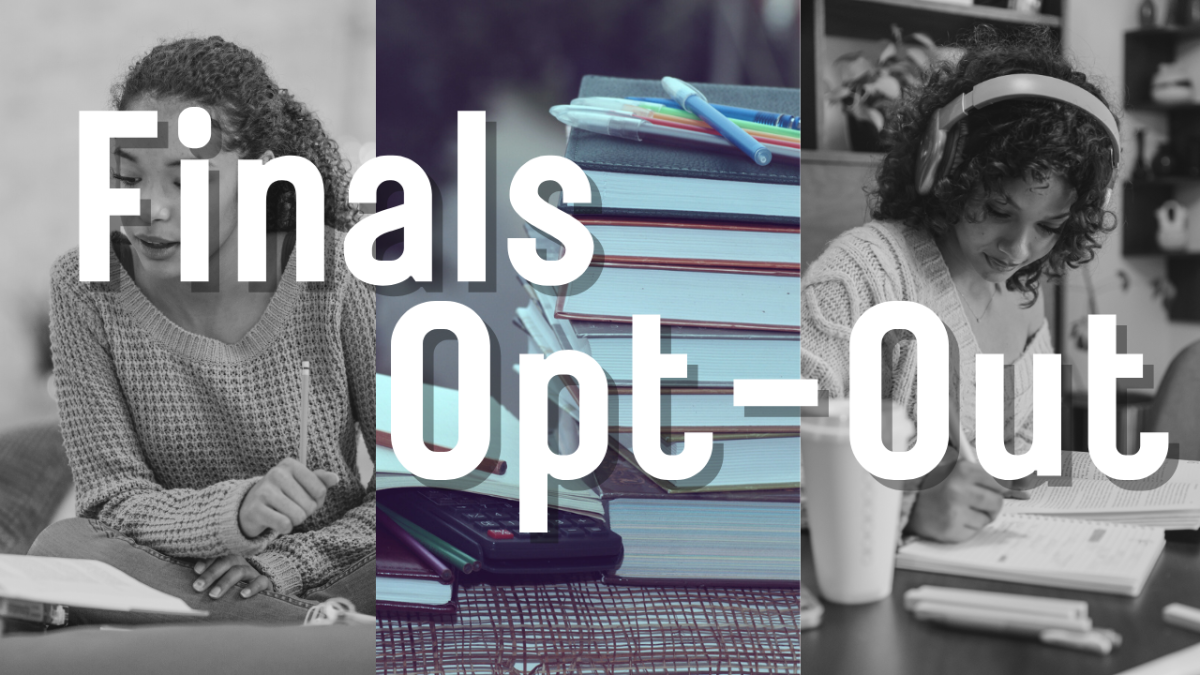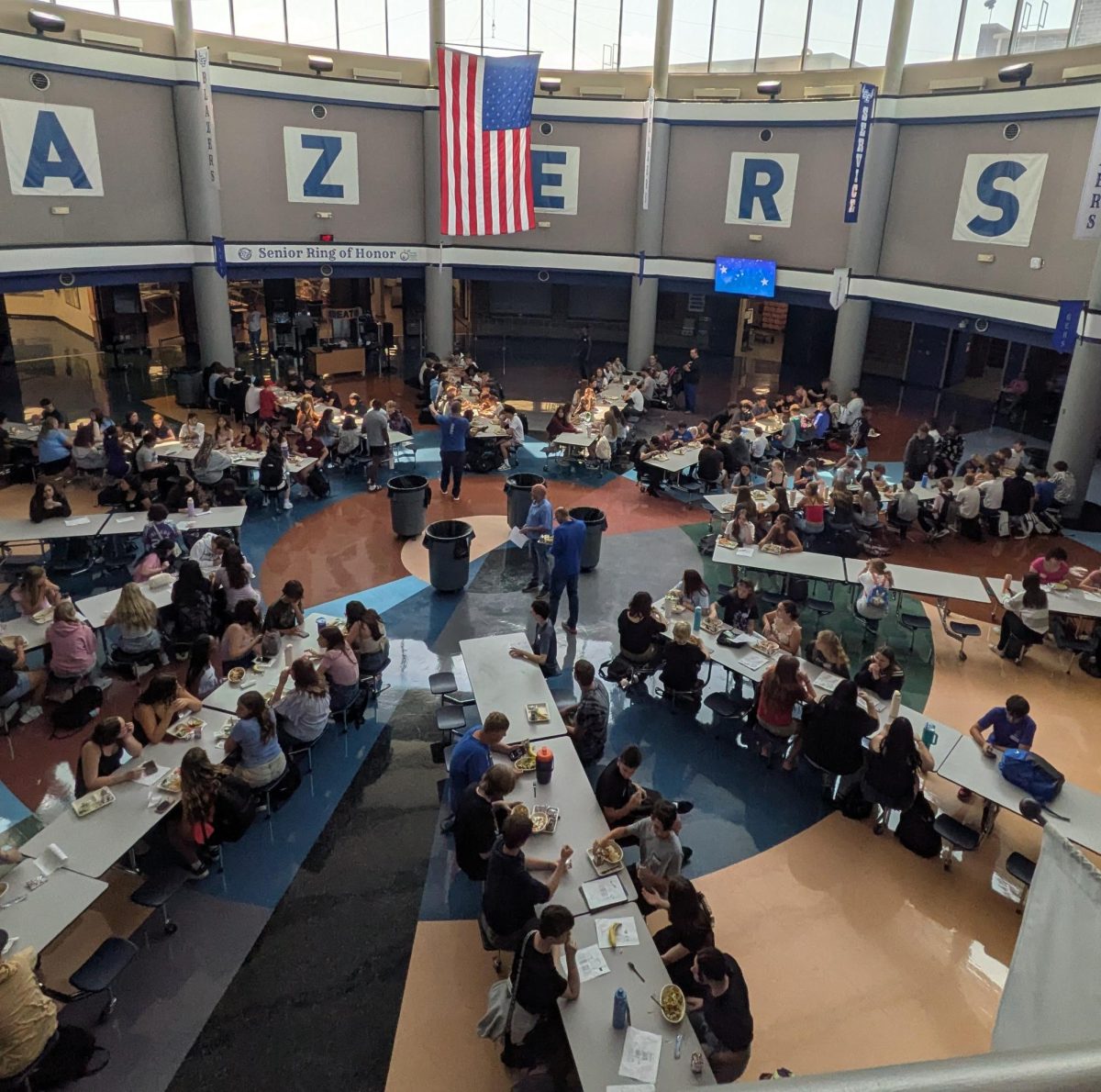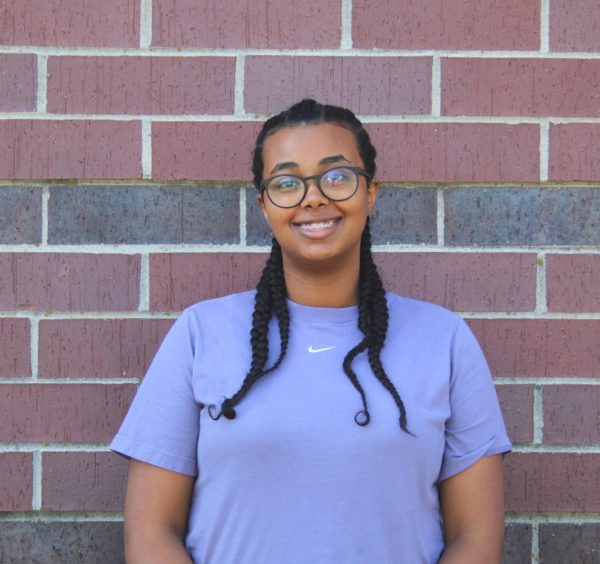Many different organizations went to state for competition. Those groups included band, orchestra, choir, and forensics.
After going to regionals and getting a one rating, many choir groups and soloists from GEHS went to state, specifically two ensembles and 11 soloists according to Hannah Stevens, the choir teacher here at GEHS.
“[GEHS] had two ensembles make it to state, the Madrigals, which is our top chamber choir small group, and then our Tenor Bass choir, [which is] just made up of tenors and basses from three different classes,” Stevens said. “We had 11 soloists that competed at state as well, so those were our 13 events.”
To practice for their competition the choir ensembles rehearsed together, sometimes in class and sometimes outside of it, while the soloists tried to rehearse either with Stevens or Becky, the accompanist.
“Madrigals is a class so we [rehearsed] in class, and then the Tenor Bass choir had to meet before school a lot,” Stevens said. “And then the soloists [were supposed to come] in once a week and [practice] with Becky, our accompanist, and sometimes with me too. [We] probably [did that] for about six or seven weeks.”
When at regionals, a choir solo or an ensemble has to get a one rating to move on to state. It is therefore important for students to know the difference between the two ratings for choir, which Stevens claims is that a one is amazing but a two is still very good.
“They tell us that a one is outstanding and a two is excellent,” Stevens said. “So, really they’re both very good ratings. Most people like to say that you walk in the room with a three and then you have to perform beyond that to get a two or a one, so both are very good ratings.”
Stevens said that next year students can better prepare for state by practicing more, and, if they are in an ensemble, practicing with others more often.
“I think it [just] comes down to practice,” Stevens said. “If [a student is] in an ensemble, practicing more together [would benefit them]. And then I think just taking the comments [from regionals] to heart can help [soloists] prepare for state. Attending rehearsals and listening to recordings and things like that, I think, can [also] help.”
Stevens believes that anyone has a potential to do a solo, but they have to be confident. If they do not know what music to pick for their solo, however, they do not need to worry because they can get help with that.
“I think anyone has a potential to do a solo,” Stevens said. “I think you do have to be pretty confident in front of a judge, [and] I [also] think there’s a lot of vocal independence required, but it’s possible for anyone if they’re practicing and if they can build that confidence. We [also] help [students] with [choosing their music]. Usually, we recommend one piece in a foreign language and then another kind of folk song.”
Stevens said that if a student wants to try out for a solo next year but is not sure if they should, they should either just try it or join an ensemble to practice before doing an actual solo.
“I’d say [that the student should] just try it,” Stevens said. “Or [they should] see if [they could] join an ensemble of some sort. I think that’s another great way to practice it without having it all be on you.”
A student in choir, sophomore Rhena Mungania, also went to state this year. She first joined choir through her middle school Vocals class.
“[Choir] makes me really happy and I’ve done it since I was young,” Mungania said. “[I got into it] through fifth grade [Vocals class after] I joined with a few of my friends.”
To prepare for state beforehand, Mungania made sure to sing when she could and practice in the choir room.
“[To practice I sang] in my free time [and I went] to the choir room during seminar,” Mungania said.
Many students from band also went to state this year, specifically the brass choir in wind ensemble, a saxophone quartet, and several soloists according to Justin Davidson, the band director.
“Our brass choir made it [to state], and that includes all of the brass students that are in the Wind Ensemble, so there’s about 20 to 25 in that group of students,” Davidson said. “And then we had a saxophone quartet make it. That was Nick Kimzey, Mason Butler, Josie Pemberton, and Kiefer Roberts. And then we also had several soloists make it. Alexa Rieder made it on bassoon, Kiefer Roberts made it on bassoon and bass clarinet, Caroline Kuzma made it on flute, Matthew Bryan on tuba, Ricky Lind on bass clarinet, and Zach Ehlers on marimba.”
To prepare for regionals, which is where a student needs to score a one at to make it to state, these students spent a significant amount of time practicing on their own and with an accompanist.
“Most of [the practicing] is on their own actually,” Davidson said. “I’d say all the soloists pretty much [learned] their music without my help. They [also] did work with Mrs. Biggs, [the] accompanist that’s playing with them, and they met with her at least three times before they performed. The sax quartet rehearsed during seminar a couple times [as well], and then the brass choir rehearsed a little bit in Wind Ensemble class.”
Since students are able to pick their own pieces of music for their solos, they can pick really tough pieces of music or easier ones. According to Davidson, getting a higher rating is often harder if a person picks a harder piece to play.
“A talented player could take a college-level piece of music and end up scoring pretty low, or they could take a much easier piece of music and end up scoring really high,” Davidson said. “So it’s something that we try and gauge when picking music. We want something that’s going to push that student’s ability level, but also not set it so high that it’s not really achievable in that time.”
According to Davidson, for band, the difference between getting a one and a two rating is that while a two rating is still considered excellent, it is not completely polished while a one is.
“The [rating] system is a five-score system, five being the lowest and one being the highest,” Davidson said. “Two is still considered excellent, [it] means you’ve done your work. You’ve done a pretty good job, you’re playing the music pretty well, and it’s to the point where it’s really enjoyable for people to listen to, it’s just not completely polished. A one rating is showing that not only is [the performance enjoyable], but it’s really clean [as well].”
To better prepare for regionals and thus state next year, Davidson believes that students can practice more, not only at the time of the event but throughout the whole year.
“A bit more practice definitely always helps, and also not just practicing when it’s time to prepare for that event, but a continued practice throughout the whole year,” Davidson said. “A lot of those [people going to state are] not just practicing for this event, they’re practicing pretty much year-round. And they practice well, too.”
A student in band who did a solo at state is sophomore Alexa Rieder. While Rieder thought that the audition process for regionals was overwhelming at first, after practicing more she realized just how much she was capable of.
“[The auditions process] was challenging and really overwhelming at first,” Rieder said. “But after doing it and practicing it a lot, you get really proud of yourself because you realize how much you can truly do with just a little bit of practice.
Rieder prepared for state by practicing a lot, specifically with her private tutor who gave her tips on how to be a better musician.
“[I practiced] a lot [for state],” Rieder said. “I take private lessons so I go once a week to see my private lesson teacher, and she’ll give tips on how to play better, give me practice techniques and ways to effectively practice. Then [I would] just practice at home. Practice is really the only way that you can do it.”
To better prepare for regionals next year, Rieder wants to start practicing sooner and being more disciplined about it.
“[I would] probably [better prepare by starting to practice] sooner, and [by being] more disciplined when I practice and not practicing the stuff that I already know [that] is just fun to play, but doing stuff that’s more necessary,” Rieder said.
Rieder believes that if a student does not know if they are ready to do a solo they should just go for it because most people most likely also felt that way and even just practicing for a one could help them musically.
“I would say just go for it,” Rieder said. “Most people that make these groups probably don’t think they’re good enough to do it when they first try it, but even [just practicing to make it], even if you don’t, is a really good way to get better [at] your instrument.”
Rieder said that if someone is going to try out for a solo for regionals for the first time they should realize that it will take some of their free time and that they should practice hard.
“[I would say to] just know that [they are] going to have to put in a lot of time, but it’s so worth it. If it’s something that [they] actually want to do, then [they should] just practice hard and [not] freak [themselves] out because there’s a lot of people in the same boat as [them] that are trying it for the first time.”



